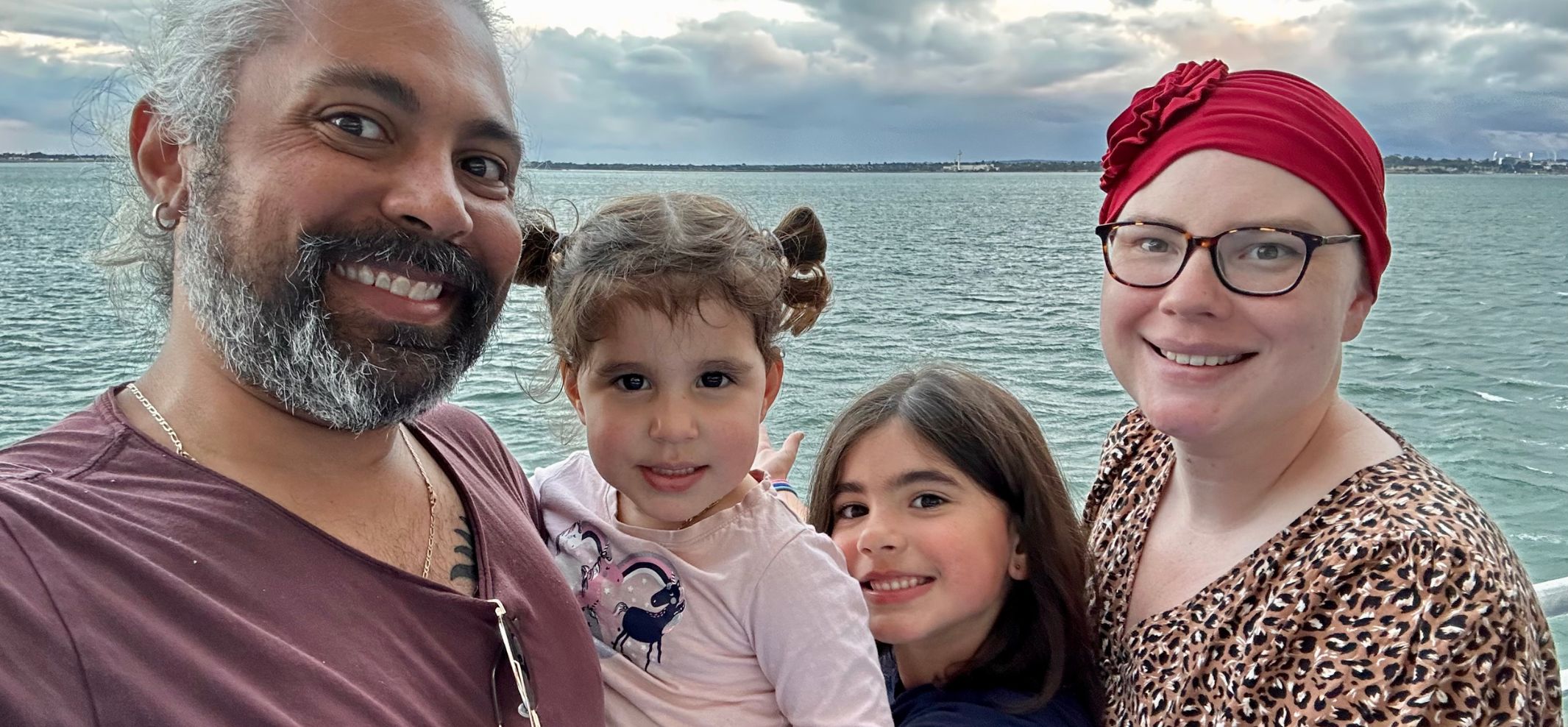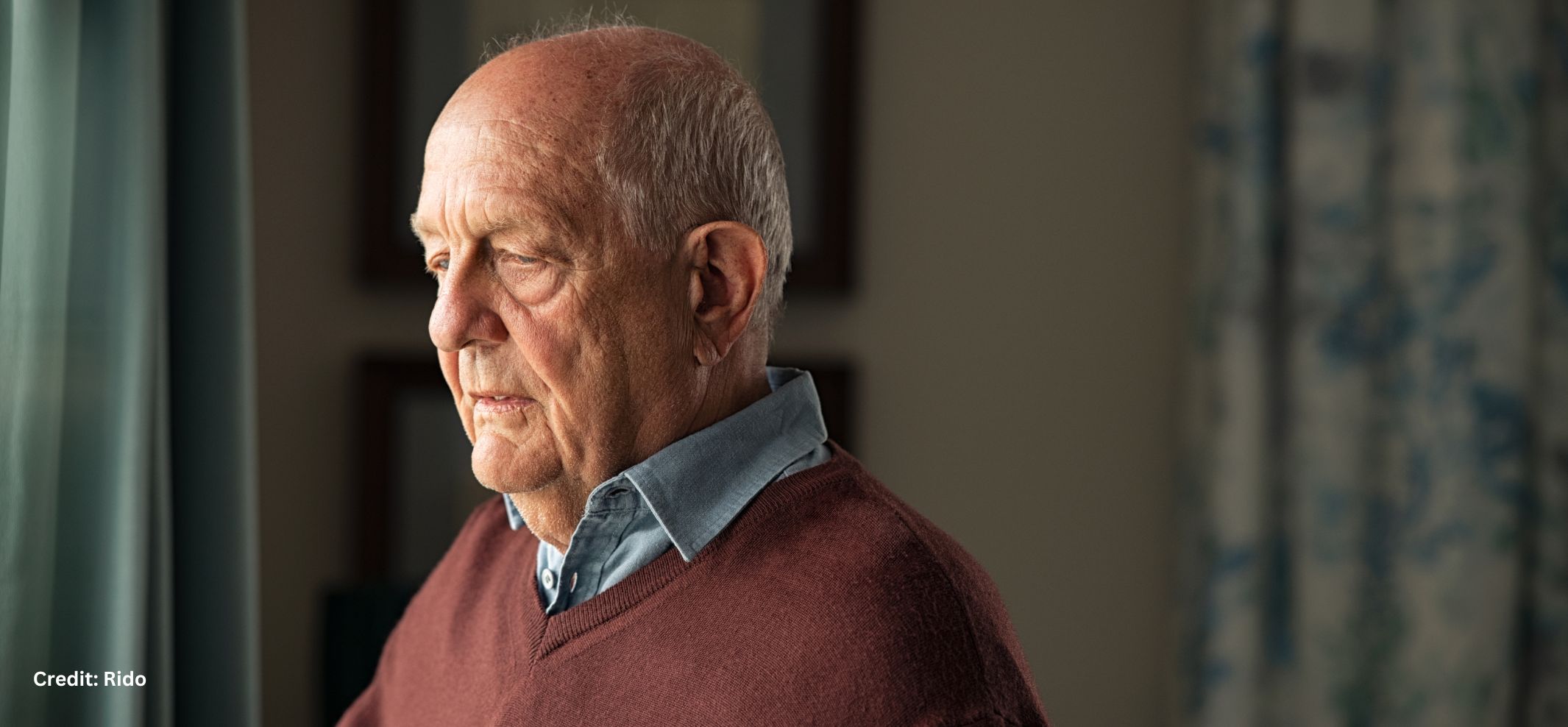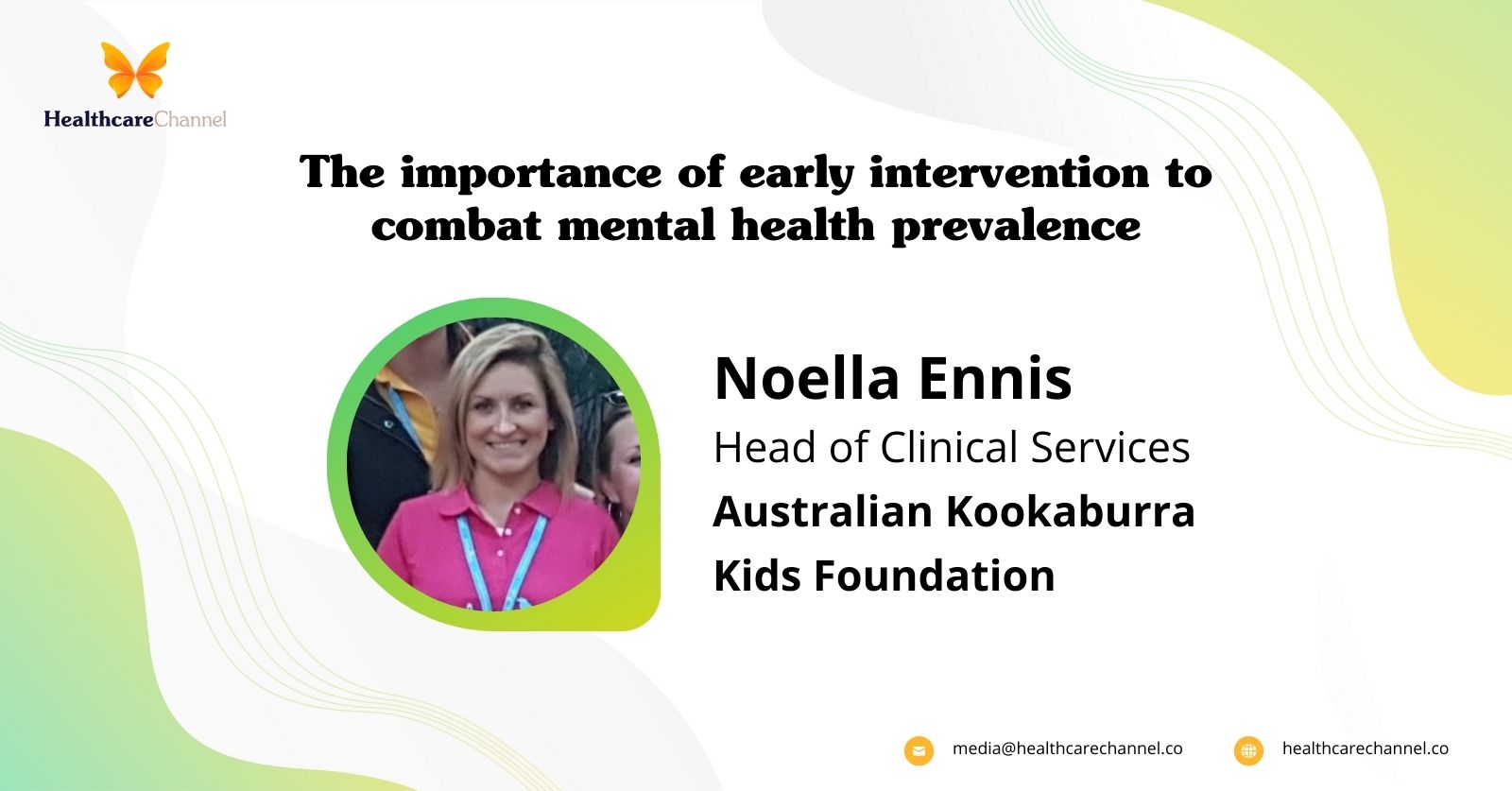GP practices in towns throughout regional, rural and remote Australia will have more options and a larger pool of doctors to recruit from, following changes announced by the Morrison Joyce Government.
From 1 January 2022, there will be automatic access to the Distribution Priority Area (DPA) classification for regional and larger rural towns (MMM 3-4), to make it easier for areas to recruit more doctors.
The DPA classification identifies locations in Australia with a shortage of doctors. Currently, only rural and remote (MMM 5-7) communities receive automatic DPA status, with other MMM locations having to be assessed annually to see whether the health services for the population meet a service benchmark.
If access is under the benchmark, a town is classified as a DPA and clinics in that area can employ doctors subject to a moratorium, such as those who have trained overseas.
Students who have accepted a Commonwealth Supported Place in an Australian medical course in return for a commitment to work in a regional, rural and remote area at the end of their studies must also work in a DPA.
Federal Regional Health Minister, Dr David Gillespie said this change would provide a real difference to patients across country Australia.
“Short term, this means that practices can begin reaching out to overseas doctors who want to move to the regions and practise there,” Dr Gillespie said.
“This change begins from 1 January 2022, and I know that regional and rural practices will be working hard to take full advantage of this significant change.”
Dr Gillespie said the DPA expansion would mean more regional and rural communities would have access to a GP in the short term.
“More rural and regional areas will be able to utilise the DPA system when recruiting doctors for their region, whether they be those who are wanting to move here from overseas or young doctors who have accepted a place in return for working in a regional area,” Dr Gillespie said.
“This change will help ensure rural and regional areas have a choice of more doctors to work and recruit in their local communities, leading to increased access to GP and primary care services for many thousands of Australians in regional and rural communities.”
The Morrison Joyce Government will also invest in a significant incentive for eligible doctors and nurse practitioners to practice in rural, remote or very remote areas of Australia, by eliminating all or part of their Higher Education Loan Programme (HELP) debt subject to meeting eligibility criteria.
Minister for Health and Aged Care, Greg Hunt said the Government is acutely aware of the maldistribution of health workforce around the country and is implementing a range of policies to get more GPs, nurses and allied health professionals to areas where they are needed.
“This is just another measure that our government is using to recruit more GPs to regional areas,” Minister Hunt said.
“Incentivising doctors and nurse practitioners to live and work outside of metropolitan areas will help improve access to quality health care for regional, rural and remote communities.”
“This new initiative shows that our government is serious about supporting doctors who genuinely commit to practise in regional, rural and remote towns, which offers continuity of care, instead of having an over-reliance on locums,” Dr Gillespie said.
“That’s why we have committed to a number of immediate initiatives to reward doctors and nurse practitioners for working in regional, rural and remote Australia.
“The Morrison Joyce Government is focused on delivering better outcomes, reducing access barriers and creating a flexible system that works for all Australians, regardless of where they live.”
“This announcement continues to build on our Government’s Stronger Rural Health Strategy and our longstanding efforts to grow our own rural GP and medical workforce,” Dr Gillespie said.
Original content from The Hon Dr David Gillespie MP media page. Note: Content has been edited for style and length.
Nina Alvarez is a Content Producer for Healthcare Channel. Her interests include writing, particularly about the healthcare sector and the many ways it can improve to further benefit people from all walks of life.






























